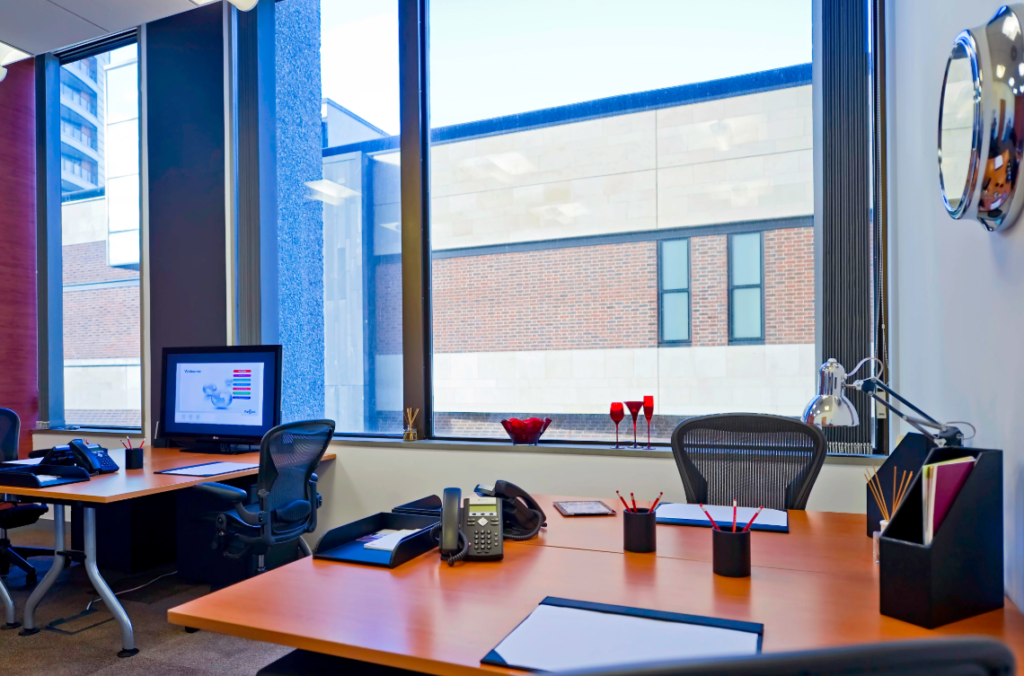FLEX OFFICES EXPECTED TO ACCOUNT FOR OVER 10% OF UK OFFICE DEMAND IN 2022, AS APPETITE HEATS UP

Demand for flexible offices is expected to recover to in excess of 10% of overall UK office demand in 2022 as a result of increased appetite within the sector, according to Savills UK Flex Office Perspectives research, launched today (07 October 2021). The report also anticipates that, despite an incredibly challenging 18 months, which saw demand for the sector fall to a low of between 3% and 5% last year, the fundamental shift in the way that many occupiers are approaching the office will drive demand to account for 15% of overall office demand in the next two years. Long-term, this figure is expected to grow further to 20% of total demand, in excess of the 15% high recorded in 2019.
These figures are supported by the fact that enquiries for flexible office space are up 30% on pre-pandemic levels, with the number of transactions up 36%, according to data from Savills flexible office specialist Workthere.
The regional markets across the UK have witnessed a particularly impressive recovery with 10% of demand in H121 accounted for by flexible offices. This has predominantly been driven by businesses wanting to offer staff more options and flexibility in terms of the way they work as well as smaller companies and individuals who were working at home and now require office space on flexible terms.
Cal Lee, Head of Savills Flex and Global Head of Workthere, comments: “Flexible offices in regional locations are in a growth phase that began prior to the pandemic and has been revived over the course 2021 supported by a strong surge in demand. As a result, there is a prime opportunity for flex operators to capitalise on the lack of space in these less mature flexible office markets and expand their offer out into regional markets where they do not already have a presence. We have already started to see this happen with the likes of FORA signing in Cambridge, Orega and Instant Offices taking space in Manchester and X+Y and IWG signing for space in Birmingham.
“Given the more mature nature of the London flexible office market, we would expect the recovery here to be at a more ‘normalised’ rate.”
According to the report, the drive for overall flexibility and convenience is becoming a priority to occupiers who are willing to pay more for additional services, such as on-site IT services, industry contacts, business support and desk-booking apps, as well as having an office space that is ready to use. This is giving rise to more of a ‘hotel’ – style model within the flexible office sector.
Mike Barnes, associate in the European Research team at Savills, says: “The speed and ease of occupation for tenants, as well as a drive for convenience are becoming critical factors that are helping to propel sustained demand within the flexible office sector. As more landlords recognise this and seek to gain a greater exposure into this market, it is likely that we will see a rise of the landlord flex provider as well as an uptick in the use of management agreements.
“This, combined with our research showing a reduction in conventional lease lengths, means that it will become increasingly more difficult to draw the line between flexible workspace and conventional office space. Instead we will simply have a variety of different options that are able to meet the needs of the end user, whatever they may be.”




